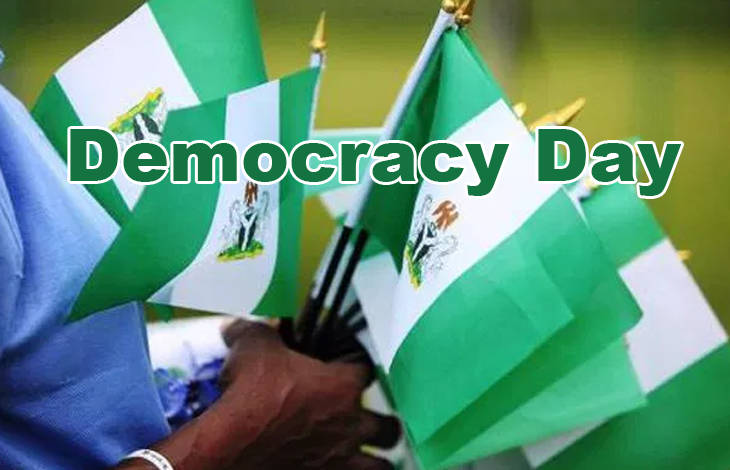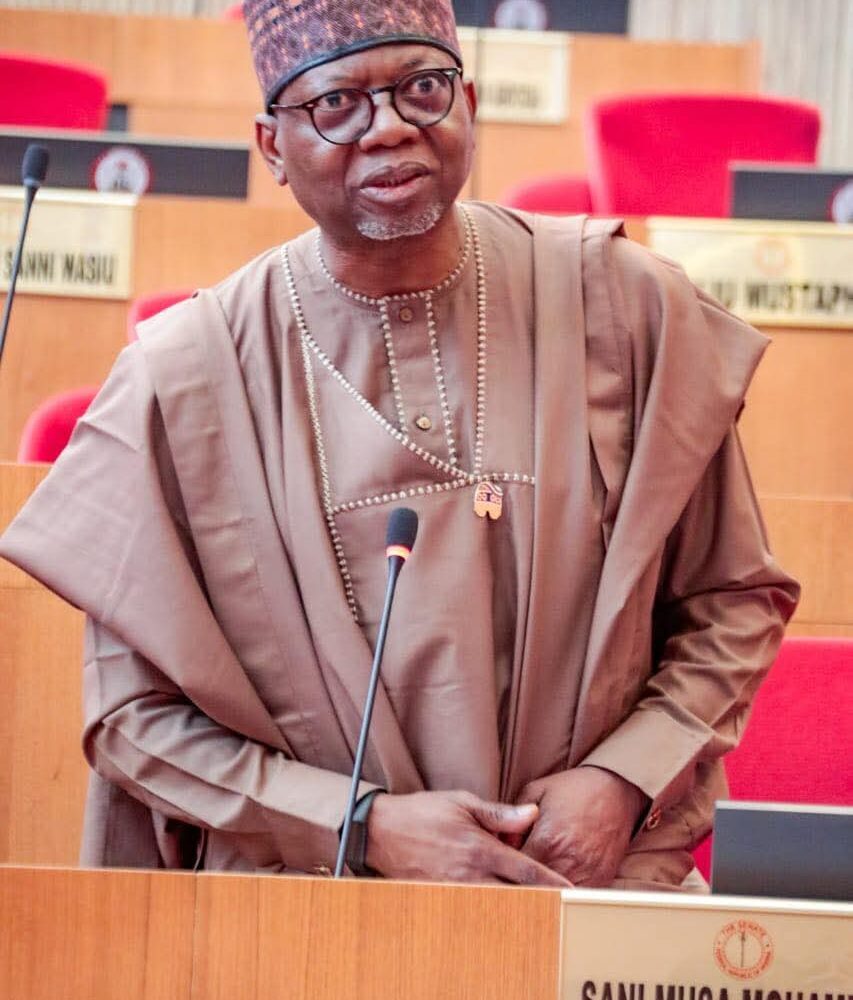Hullabaloo of Nigeria’s democratic transitions ~ By Prince Charles…
In October 2021, I received a call from Nobel Laureate, Prof Wole Soyinka, seeking permission to take excerpts from my book, ‘From Frying Pan to Fire: How African Migrants Risk Everything in their Futile Search for a Better Life in Europe’, for a project he was working on. He laughed when I told him that I would feel honoured if he took the entire contents of the book. A few days later, I got a mail from Ms Tanya Larkins, an award-winning writer who teaches at the department of English, Tufts University, United States. She said she was acting on behalf of Soyinka for a publication, ‘The Black in the Mediterranean Blue’ in the anniversary issue of ‘TRANSITION: The magazine of Africa and the Disapora’. After signing and returning the permission request document, I heard nothing again from her.
Last week, I eventually received a copy of the 463-page publication where seven pages were devoted to excerpts from my book. Guest edited by Soyinka with Ms Alessadra Di Miao, the central theme is the perils of irregular migration from the continent, especially across the Mediterranean Sea. With contributions from 78 respected intellectuals and professionals from across the world, (many either of African or Italian descent), the publication is very compelling. As Di Miao, who teaches African Literature and Post-colonial studies at the University of Palermo, Italy, reminds readers, “today’s migrants tread the same ancient slave-routes dating back to the Roman Empire.”
Reading through the collection is rather sobering. But it should also be a clarion call for African leaders. If we create the enabling environment for our young people to thrive, they would not be risking their lives on the Mediterranean Sea. “Between the covers of this special edition,” Soyinka wrote in the introduction, “our readers will encounter some truly harrowing narratives of the Mediterranean experience. The defining morality of these ‘encounters of a close shave’ is ultimately—Choice. Many had none.”





